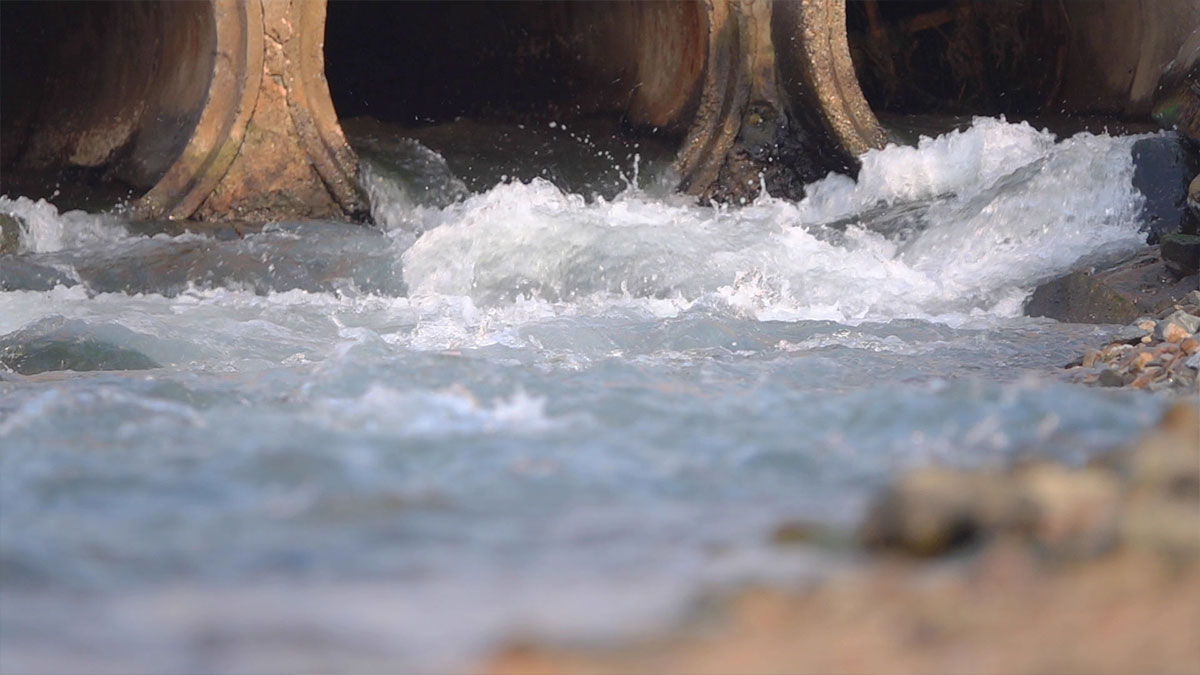Recycling Water is Only One Step in Protecting the Environment
According to the United Nations (UN), global water demand is expected to continue increasing; in part by the world’s growing population, but also because industrial and domestic sectors are raising their demands. In addition to increased demand from the current supply, the UN says there are over two billion people who live in countries experiencing high water stress and about four billion people who experience severe water scarcity during at least one month of the year.
Re-using water could be a key to solving this crisis. Currently, treated wastewater is being re-used for irrigation purposes to mitigate water scarcity because the environment under stress form climate change. But that has not been enough.
Recent studies found that the existence of contaminants, such as organic pollutants, metals, and nanoparticles, act as a limiting factor in effectively preventing re-use practices. The possible uptake and bioaccumulation of contaminants in food crops and their subsequent entry into the food chain pose a risk for human health. Some metals are necessary and harmless, such as iron and zinc, while others, like mercury, lead, and uranium can cause adverse health issues for humans and the environment. Risk assessments in past years have been translated to regulations that determine the maximum limits allowed of these contaminants and into official methods that guide a common approach for analytical workflows.
Head of the Safety and Quality Analysis Laboratory of Padania Acque S.p.A., Paolo Vicentini, has worked for 32 years monitoring water treatment plants, both for drinking and wastewater and is well aware of the need to re-use water.
“All of us should advocate and implement processes for its re-use, especially for agricultural irrigation,” he says, aware of the need for analytical solutions to help ensure the re-use of water safely.
Padania Acque S.p.A is the sole provider of water in Cremona and its province in Italy and every year, treats about 53 million cubic meters of water and sludge to be re-utilized mainly for irrigation-requiring more than 1,100 analytical water checks. Padania Acque also extends their analytical services to other wastewater treatment plants that do not have adequate analytical testing laboratories.
In his labs, along with UV/Vis, FT-IR, and ICP-OES instrumentation, Vicentini employs ICP-MS-based testing methods for metal analysis. The ICP-MS is used for the determination of trace metals in primary water. The team relies on the sensitivity, with very low limits of quantitation, and robustness provided by the PerkinElmer NexION 2000 ICP-MS, which enables them to ensure internal quality standards and compliance with regulatory requirements.
By being at the source of the sample collection, there is also the chance to see upcoming trends and identify future risks and compliance needs-Vicentini identifies nanoparticles as the next analytical challenge.
Nanoparticles are not intrinsically hazardous, but the European Union Commission recognizes the need to continue with risk assessment because their potential to accumulate could be detrimental to environmental and human health.
The properties of a nanomaterial can interact with biological systems and that interaction could identify possible toxicological mechanisms for which advanced analytical solutions are needed.
The International Organization of Standardization developed ISO/DTS 19590, a standard in response to the worldwide demand of suitable methods for the detection and characterization of nanoparticles in food and consumer products. Having more risk assessments and analyses reporting will allow a better understanding of the potential benefits, as well as the potential risks, of nanoparticles.
“This standard requires the use of ICP-MS with very fast signal acquisition detectors, able to detect the rapid signal of nanoparticles in water matrices,” Vicentini says, commenting on how his lab deals with the ISO standard.
Also, due to recently updated EU regulations, the need to monitor uranium levels has become a new focus for labs; and like Vicentini, they can rely on the performance of the PerkinElmer NexION ICP-MS for their needs.
To learn more about how Vicentini and Padania Acque navigate wastewater testing, watch the full Vicentini interview here.

